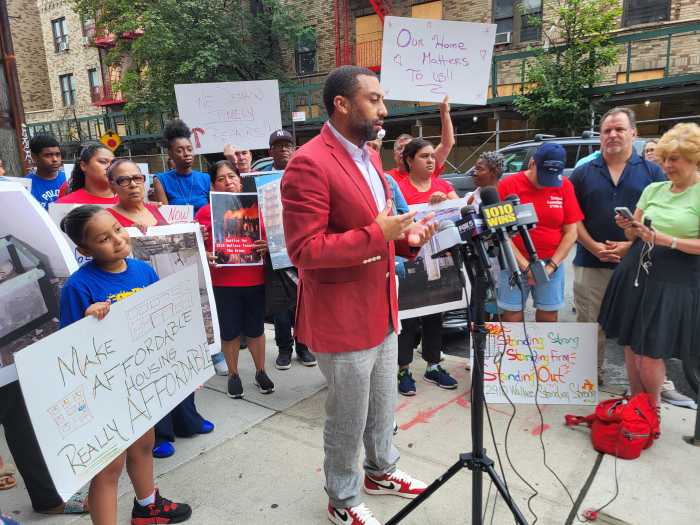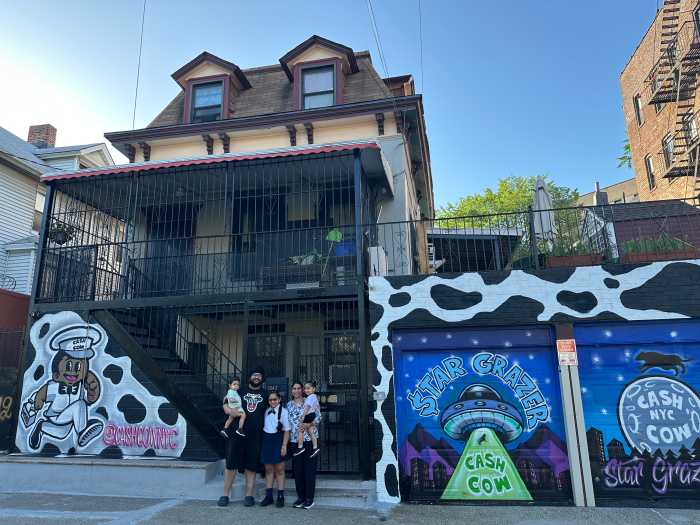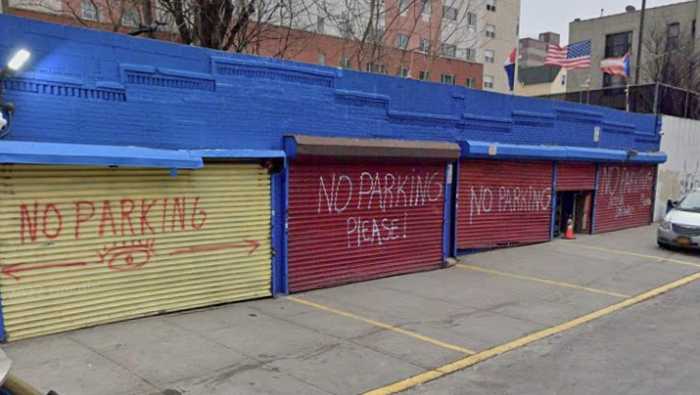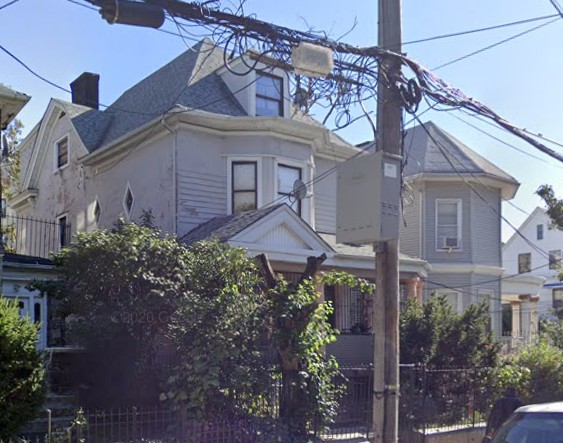Olshan Properties and O’Connor Capital Partners, in collaboration with the New York City Housing Development Corporation (HDC) and Department of Housing Preservation and Development (HPD), celebrated the official opening of Parkchester Gardens, a new 221-unit affordable senior housing development located at 1701 Purdy St. in the Parkchester neighborhood.
The first residents began moving into Parkchester Gardens at the end of 2023, and more are set to join throughout 2024. The development aims to address the increasing demand for affordable housing among seniors in the Bronx and includes a Project-Based Section 8 contract that will subsidize housing costs.
A portion of the units—67 of the total 221—will provide homes for formerly displaced seniors. Selfhelp Community Services will provide onsite services and programs, funded through a contract with the New York City Human Resources Administration.
“Parkchester Gardens positively impacts the community by directly addressing the citywide housing affordability challenge,” said Zachary Bornstein, CEO of Olshan Properties. “I am extremely grateful to our private and public partners for their invaluable contributions that have led to the project’s development and future success.”
Bill O’Connor, CEO of O’Connor Capital Partners, added, “With the completion of Parkchester Gardens, we now have additional affordable senior housing options in the Bronx. Thanks to our highly collaborative development team, we have created a much-needed facility that will benefit the community for generations.”
Amenities and Accessibility
Parkchester Gardens is designed with senior-friendly amenities, including an on-site gym, shared laundry facilities, a recreation room, outdoor spaces, and 24/7 security. It is located near the Castle Hill subway station on the 6-line and several bus routes, including the Q44 to Queens and the BxM 6 express bus to Manhattan. A future Metro-North station is also planned nearby as part of the Metro-North Penn Station Access project, which will bring four new East Bronx stations by 2027.
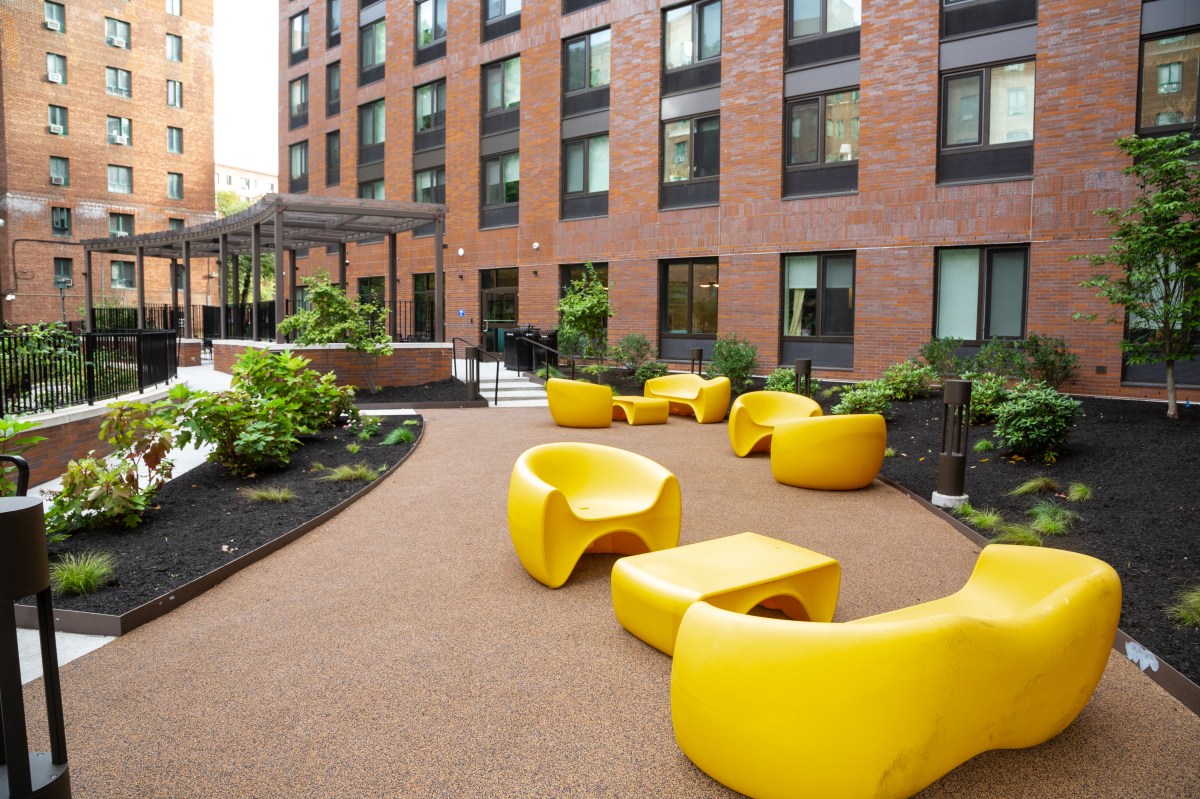
Community Support
Bronx leaders and local officials have praised Parkchester Gardens for its contribution to the community.
“As our community recovers from the pandemic, this development offers local seniors not only a place to live but also access to Parkchester’s vibrant neighborhood,” said Assembly Member Karines Reyes, who represents Parkchester and Castle Hill. “I am pleased to have collaborated with the City and State of New York to bring affordable senior housing to the Bronx.”
Bronx Borough President Vanessa L. Gibson described the development as “a beacon of hope for our most vulnerable seniors,” providing affordable and supportive housing to deliver lasting stability. HPD Commissioner Adolfo Carrion Jr. acknowledged the efforts of the private developers and Selfhelp Community Services for delivering “high-quality, affordable housing essential for the well-being and stability of our seniors.”
State Sen. Luis Sepulveda emphasized the project’s timely response to the scarcity of affordable housing options for seniors in the Bronx. State Sen. Nathalia Fernandez echoed these sentiments, underscoring the importance of creating housing within the supportive Parkchester community. Council Member Amanda Farias, who represents District 18, noted that Parkchester Gardens is a prime example of how public-private partnerships can foster senior-centered spaces and improve the quality of life for local residents.
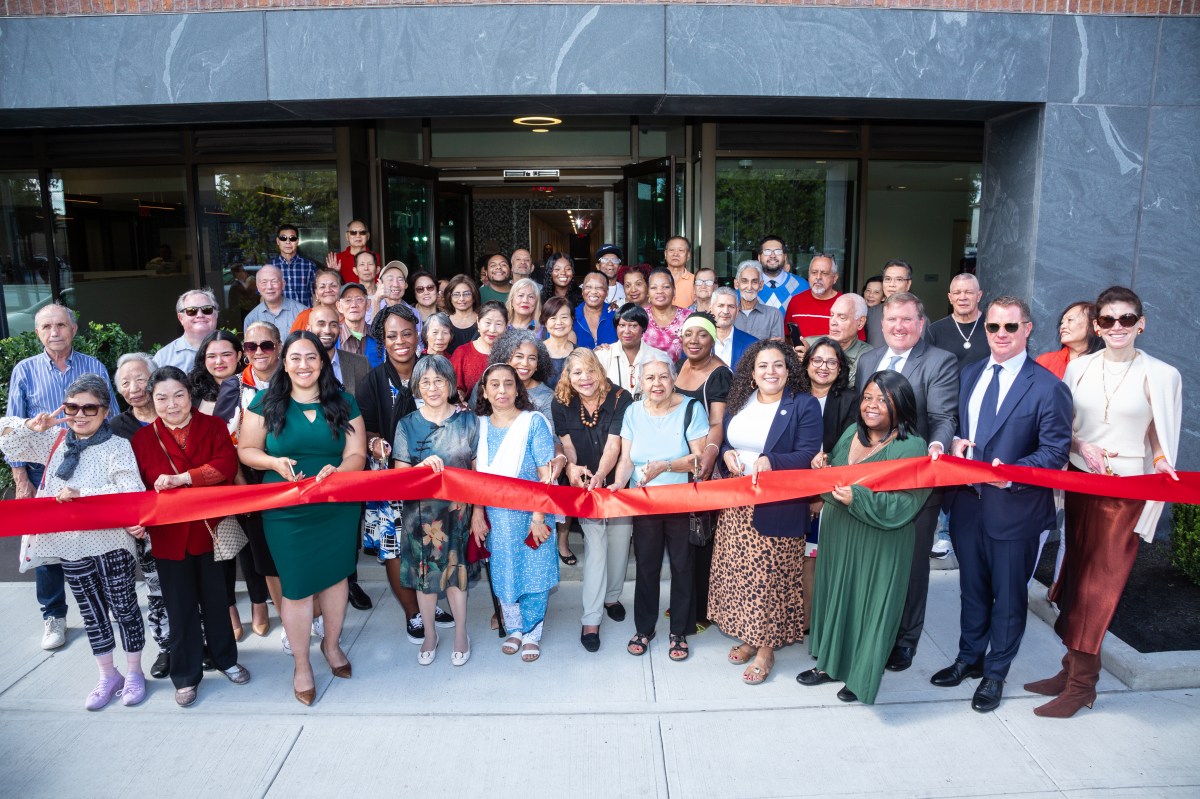
Social Services and Support
Selfhelp Community Services will provide on-site social services to residents, ensuring personalized support. Mohini Mishra, VP of Senior Communities at Selfhelp, emphasized the interconnectedness of housing and health: “When older adults have stable housing and receive the care and support they need, each person can age with the dignity and independence they deserve.”
Financing and Development
Construction of Parkchester Gardens began in 2021, funded by a combination of public and private sources. HDC provided $81 million in bond financing, while Wells Fargo contributed mortgage financing through a mix of low-income housing tax credit equity and a Letter of Credit. Dattner Architects designed the building, while Andron Construction handled its construction.


